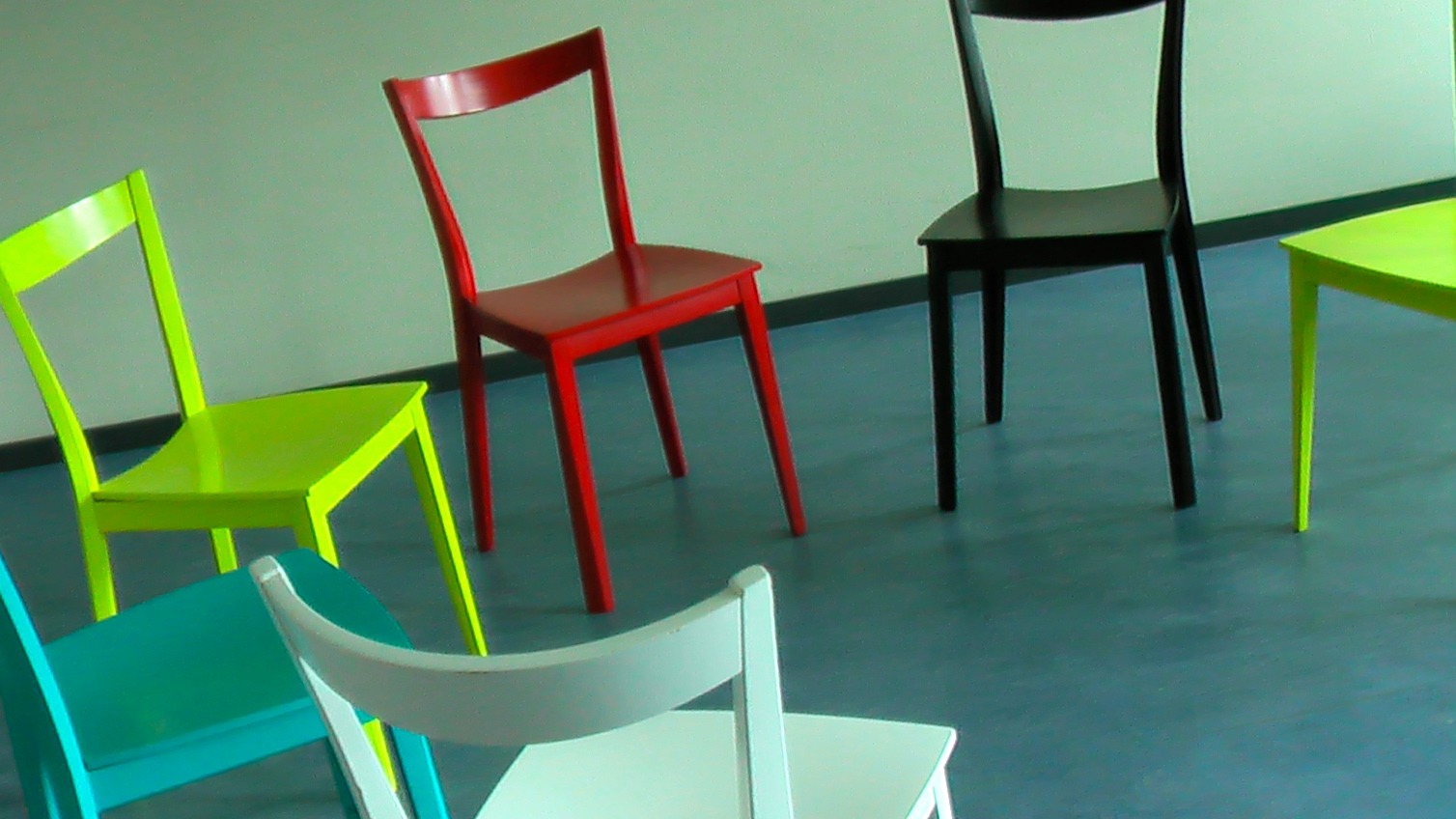How Group Therapy Helps
Tacoma Christian Counselor
 As a therapist, I love to facilitate groups. I have noticed that something positive usually happens when people come together and decide to work through a problem. It can be a bit scary to go to a group, especially when you do not know anyone. However, most of my clients have offered positive feedback once the group gets going and some of the initial anxiety fades away. In this article, I present a few observations that I would like to share about what I have witnessed in group therapy.
As a therapist, I love to facilitate groups. I have noticed that something positive usually happens when people come together and decide to work through a problem. It can be a bit scary to go to a group, especially when you do not know anyone. However, most of my clients have offered positive feedback once the group gets going and some of the initial anxiety fades away. In this article, I present a few observations that I would like to share about what I have witnessed in group therapy.
The Power of Presence
Some of the most powerful words about presence come from former pastor Ed Dobson as a result of his experience with ALS. Dobson used the phrase, “Show up and shut up.” This reminds me of the ancient Jewish practice of sitting shiva, where a community sits with someone for seven days after a death. My understanding is that they do not talk, but simply provide a human presence. While I certainly encourage people to engage in group therapy, sometimes simply being with others can provide an element of healing.
A former client once commented that the support group she attended was what kept her going week-by-week as she went through a divorce. She reported that, in such a broken place in her life, having others to journey with her brought a sense of comfort she could not find anywhere else. She noted that being in a group with people who were experiencing similar struggles helped to normalize her pain.
Discovering New Possibilities
After facilitating a group for people suffering from anxiety, a member told me that something was now different. “I am calmer than when I came here, but there is something else I can’t figure out.” After processing his experience we discovered that he was calmer but that was not all. Having observed others performing progressive relaxation exercises, he realized that if they could learn to control their anxiety, he could too. What he had thought impossible now became possible. He had found hope where there had previously been no hope.
Forming Relationships
I strongly believe that we need allies – other people who will care for us as we care for them. Over the years, I have noticed that folks often form relationships as a result of the groups, and that these continue after the groups end. These relationships foster resilience when things get difficult and help us to bounce back much quicker than we would if we were isolated. But they also provide new attachments. Humans need others to be present to them and to respond to them – this is a basic human instinct within us that is true for both infants and adults. When we can access many different people or support networks, we are less likely to panic when facing difficult situations. Multiple attachments help us to move through difficulties quicker and more effectively.
A Support for Individual and Couple Therapy
 I often tell people that I like the “shotgun approach” to working through stuff, which means shooting with both barrels when necessary. Often we need to immerse ourselves in things that will be pro-healing. Overcoming difficulties is much like getting into physical shape. If I join a gym and only go once or twice a month, my growth will most likely be limited or nonexistent. However, if I adjust my priorities to enable me to exercise more frequently, I will probably see better results.
I often tell people that I like the “shotgun approach” to working through stuff, which means shooting with both barrels when necessary. Often we need to immerse ourselves in things that will be pro-healing. Overcoming difficulties is much like getting into physical shape. If I join a gym and only go once or twice a month, my growth will most likely be limited or nonexistent. However, if I adjust my priorities to enable me to exercise more frequently, I will probably see better results.
I find that many clients do better when they attend regular therapy sessions (ideally once a week) and also attend some kind of peer support group. This allows space for the client and the therapist to work on specific items, while allowing the client to see that they are not alone in their struggle.
Christian Counseling and Upcoming Groups
As a Christian counselor, I am convinced that groups have an important place in the counselling process. I will be facilitating groups for anxiety and depression at our Tacoma office starting this fall and running through early summer.
“Chair Circle Therapy,” courtesy of wolly vonwolleroy, all-free-download.com, public domain license; Courtesy of the author, Michael Lillie



